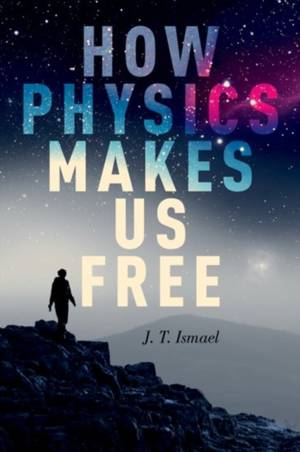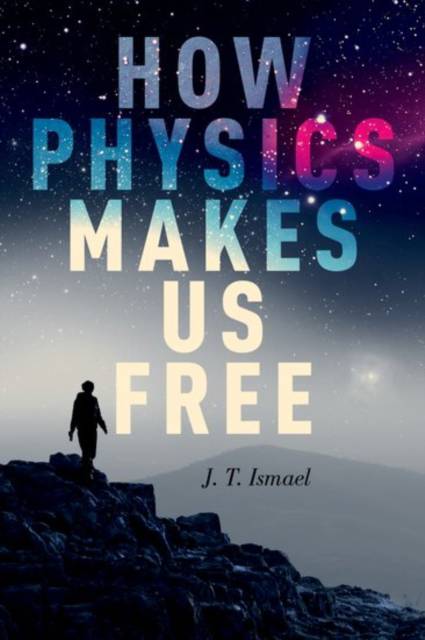
Bedankt voor het vertrouwen het afgelopen jaar! Om jou te bedanken bieden we GRATIS verzending (in België) aan op alles gedurende de hele maand januari.
- Afhalen na 1 uur in een winkel met voorraad
- In januari gratis thuislevering in België
- Ruim aanbod met 7 miljoen producten
Bedankt voor het vertrouwen het afgelopen jaar! Om jou te bedanken bieden we GRATIS verzending (in België) aan op alles gedurende de hele maand januari.
- Afhalen na 1 uur in een winkel met voorraad
- In januari gratis thuislevering in België
- Ruim aanbod met 7 miljoen producten
Zoeken
How Physics Makes Us Free
J. T. (Professor of Philosophy, Professor of Philosophy, Univers
Hardcover
€ 65,45
+ 130 punten
Omschrijving
J.T. Ismael's book will be the first to truly examine the question of what physics actually tell us about whether or not we are free to act. Her conclusions are surprising and engaging, and importantly show that physics does actually not say that we are not free.
Specificaties
Betrokkenen
- Auteur(s):
- Uitgeverij:
Inhoud
- Aantal bladzijden:
- 288
Eigenschappen
- Productcode (EAN):
- 9780190269449
- Verschijningsdatum:
- 24/03/2016
- Uitvoering:
- Hardcover
- Afmetingen:
- 243 mm x 169 mm
- Gewicht:
- 582 g

Alleen bij Standaard Boekhandel
+ 130 punten op je klantenkaart van Standaard Boekhandel
Beoordelingen
We publiceren alleen reviews die voldoen aan de voorwaarden voor reviews. Bekijk onze voorwaarden voor reviews.









